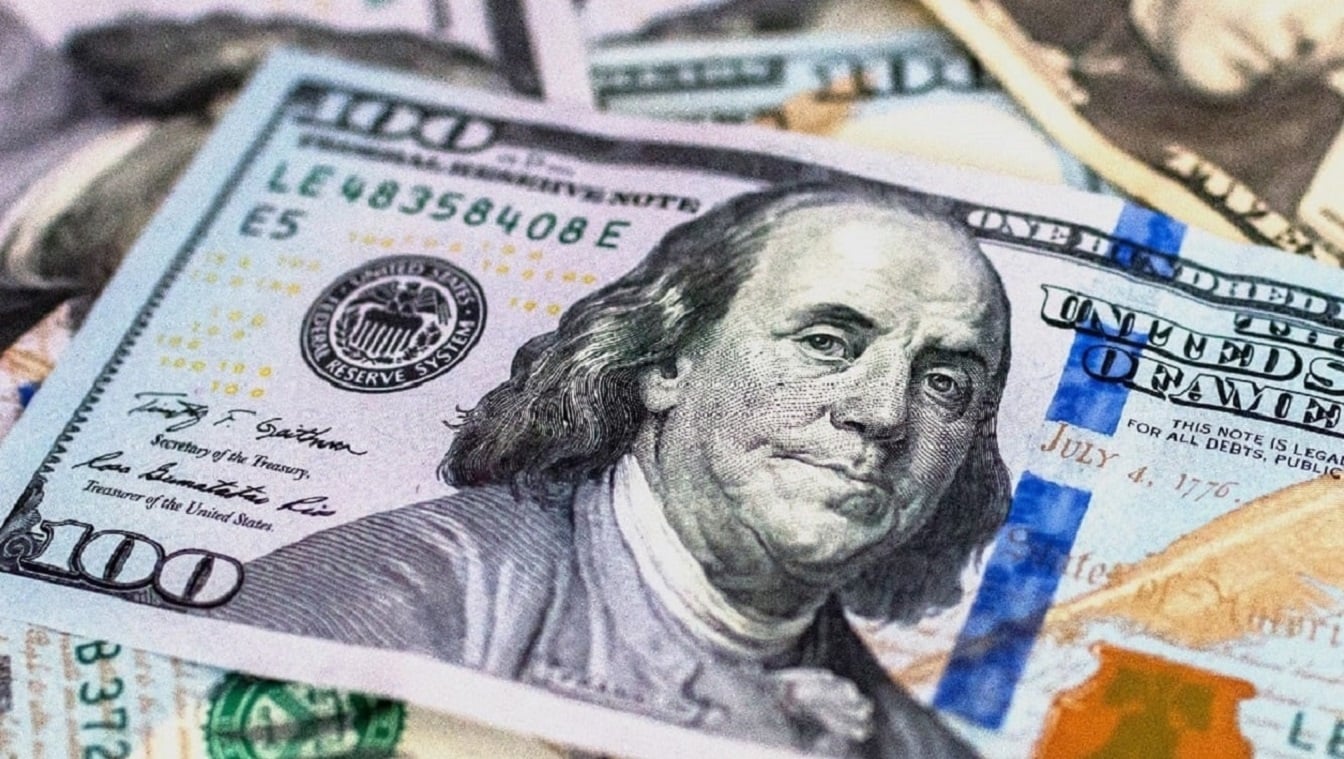On Friday, the Dow Jones Industrial Average experienced its longest weekly losing streak in almost 100 years. The Dow ended the day nine points higher, but down 3% for the week.
The Dow has seen losses each week for eight weeks now, reflecting a generally poor stock market, high inflation, and economic uncertainty. It’s the worst losing streak the Dow has seen since 1923.
Among the biggest losers in the stock market lately are tech companies. Cisco missed sales forecasts, and Apple is trading roughly 19% below its 52-week high.
Retail giants Walmart and Target have also struggled, and Americans’ retirement accounts are now jokingly referred to as “301ks” as a result of their plummeting values.
The S&P 500 has dropped 18% this year alone. So, what’s going on?
Why Is This Happening?
The stock market is struggling because of a combination of factors.
First, there’s the ongoing fight to lower inflation. The Federal Reserve responded to the rapidly rising prices of food, energy, and consumer goods by increasing interest rates by 0.5 percentage points – the biggest rise since the year 2000.
Further interest rate hikes are expected throughout the year, too, making it more expensive for consumers to borrow money and hopefully driving down demand for products. This reduction in demand, historically high inflation, and general economic uncertainty have driven the stock market down.
The situation in Ukraine isn’t helping, either.
After the invasion of Ukraine began in late February, the S&P 500 index logged its first correction in almost two years. While the market gradually began to recover, the sanctions placed on Russia in the wake of the invasion have made markets uncertain once again. From global brands losing access to the Russian market to fuel shortages and supply chain logistics problems, the invasion of Ukraine has forced major international brands to reconfigure.
CNBC’s Jim Cramer also warned recently that the market has little chance of recovering until situations like the Russian invasion of Ukraine are resolved.
“If we want the market to stage a meaningful comeback, we need China to reopen, Russia to withdraw from Ukraine, and the Federal Reserve to curb-stomp inflation with a 100-basis point rate hike,” Cramer said. “Unfortunately, only one of those three is within America’s control.”
While the market may be down, there is hope. Historically, market downturns of as much as 40% typically only last an average of 14 months, meaning only those planning to begin withdrawing from their 401k accounts within the next year should expect trouble.
For everyone else, it’s simply a matter of waiting.
Jack Buckby is a British author, counter-extremism researcher, and journalist based in New York. Reporting on the U.K., Europe, and the U.S., he works to analyze and understand left-wing and right-wing radicalization, and reports on Western governments’ approaches to the pressing issues of today. His books and research papers explore these themes and propose pragmatic solutions to our increasingly polarized society.

